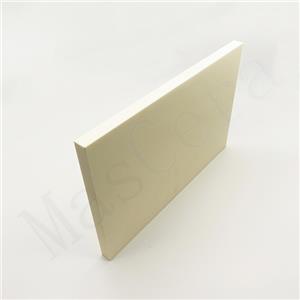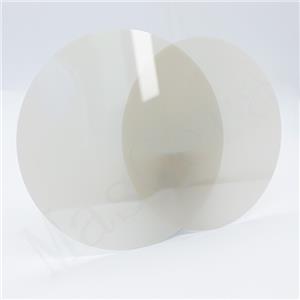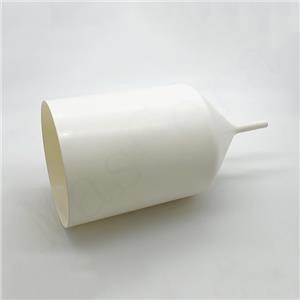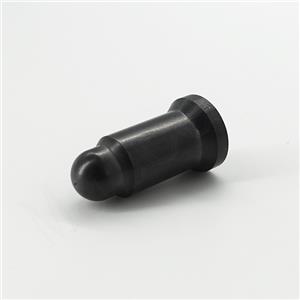Blog
-
Top 10 Ceramic Materials with the Highest Working Temperature
High-temperature ceramic materials are essential in modern industries where extreme conditions are common, such as aerospace, energy production, electronics, and advanced manufacturing. These materials exhibit exceptional properties like high thermal resistance, mechanical strength, and durability under harsh conditions.
06-12-2024 -
Uses Of Alumina Substrate In Automobile Industry
Alumina ceramic substrate is an essential material in the automobile industry, offering exceptional comprehensive performance that plays a significant role in automobile engines, sensors, shock absorbers, etc.
05-12-2024 -
Ceramic Substrates Replacing Metals in 3C Electronics: Trends and Advantages
3C Electronics—Consumer Electronics, Computers, and Communication Devices—is a rapidly growing, innovative industry. As devices become more compact and multifunctional, materials face higher demands. Substrates, key structural and circuit components, are crucial to this progress.
04-12-2024 -
Key Factors to Consider in the Design of Boron Nitride Atomizer Nozzles
Boron nitride atomizer nozzles for powder metal atomization play a crucial role in the atomization process. These nozzles are responsible for converting molten metal into fine powder particles, which are then used in various industries such as automotive, aerospace, and electronics.
23-11-2024 -
Application of Ceramic Heat Dissipation in Battery Cooling System
The research shows that rapid heat dissipation and temperature equalization can be achieved by using the high thermal conductivity and high insulation of ceramics. Aluminum nitride ceramic substrates are currently used more frequently.
22-11-2024 -
Why Is PBN Crucible Preferred in Labs?
A crucible is a container used to heat or melt substances at high temperatures. Modern crucibles can be made from any material resistant to high temperatures, with pyrolytic boron nitride (PBN) being one of these materials. Crucibles are often equipped with lids, though the lids are not sealed tightly to allow gases to escape during heating.
21-11-2024 -
Manufacturing Applications of Advanced Ceramics
Machines and equipment in manufacturing processing are often exposed to high stresses caused by temperature, pressure, corrosion, and abrasion. In such cases, ceramic materials on an oxide and non-oxide basis are often a suitable alternative for the designers. In this connection, an exact knowledge of the application conditions is crucial for the selection of the right material. Advanced ceramics are a good choice.
20-11-2024 -
Electronic Applications of Advanced Ceramics
Ceramic materials are indispensable in electronic devices such as smartphones, computers, and televisions. Technical ceramic materials have superior electrical and magnetic properties. Ceramics are generally lighter and smaller than metallic materials.
19-11-2024 -
Alumina Ceramic Rods for Heat Exchanger Applications
Alumina Ceramic Rods are commonly used in various industrial applications, including heat exchangers, due to their excellent thermal and mechanical properties. Alumina, or aluminum oxide (Al2O3), is a ceramic material that offers high heat resistance, good thermal conductivity, and corrosion resistance.
17-11-2024 -
Advantages of Using PBN Crucibles in High-Temperature Applications
Pyrolytic Boron Nitride (PBN) crucibles are a great choice for many high-temperature processes. These crucibles offer several benefits, like good heat transfer, high purity, resistance to chemicals, and surfaces that do not stick. Knowing these advantages can help businesses improve their work and get better results.
16-11-2024




